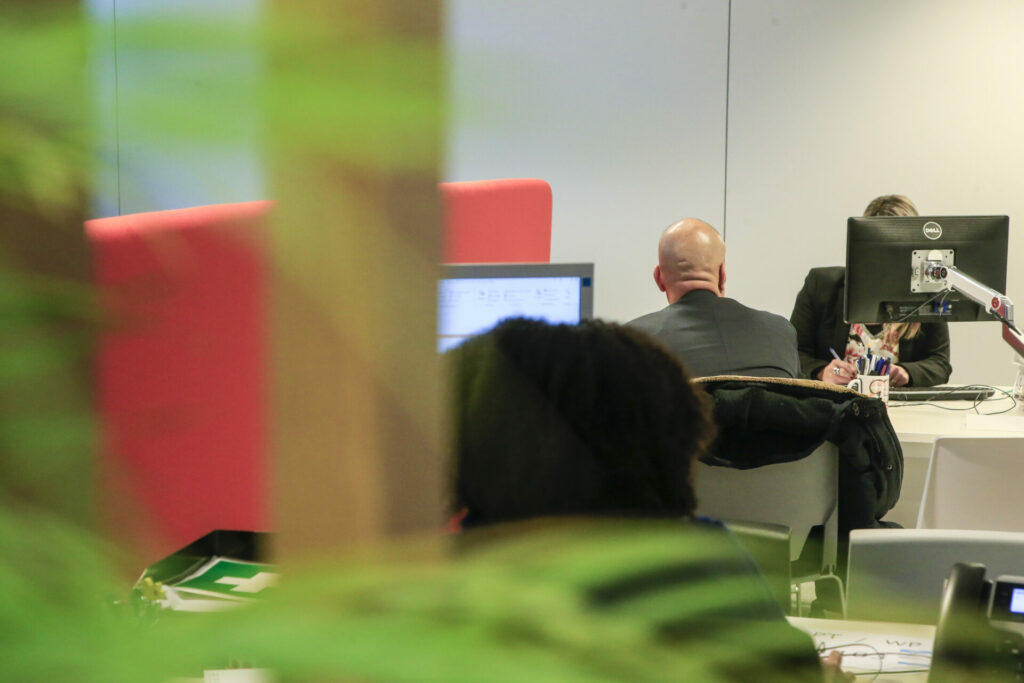Only one in three workers in Belgium have bosses whose management styles actively prevent employees' burnout, La Dernière Heure (DH) reports.
The study noted that bosses' leadership styles can be broadly divided into three separate categories: "supportive" bosses, whose management style inhibits employees' burnout; "neutral" bosses, whose leadership style neither actively prevents nor contributes to cases of burnout; and "toxic" bosses, whose behaviour causally contributes to cases of burnout among their employees.
Securex found that only 33% of Belgian workers have bosses with a "supportive" leadership style; among such employees, the risk of burnout is merely 1%. In addition, it noted that 62% of Belgians have a "neutral" boss, while 5% of Belgian workers have a "toxic" boss: among these latter employees, 54% are at risk of burnout, while 38% are close to resigning from their job at any given time.
"Toxic leadership is a style that must be avoided at all costs, regardless of the level of teleworking," Anja Van den Broeck, an Associate Professor in the Department of Work and Organisation Studies at KU Leuven, told DH. "It is directly harmful to the performance as well as the well-being of the workers, and also has a negative impact on all the teams who will want to avoid working together."
Related News
- Mental health remains taboo in many workplaces
- Quiet quitting: Social media hype or a real issue in the workplace?
"Toxic leadership is also contagious, especially in the case of a CEO displaying this type of leadership," she added. "If the organisation does not intervene internally, this can degenerate into a vast negative corporate culture within the entire organisation."
In the context of the current talent war, Van den Broeck stressed that this is "not a good thing because workers often leave their positions because of their manager. And even if they decide to stay, a toxic work culture does not create good ambassadors to attract new people."
The Securex study comes against the backdrop of an alarming increase in the number of burnout cases in Belgium and, indeed, much of Europe over the past few years: a study conducted last summer found that burnout cases across Belgium had increased 66% since 2018. It is believed that increasing job insecurity, more intense work schedules, and added stress caused by the Covid-19 lockdowns are primarily responsible.

